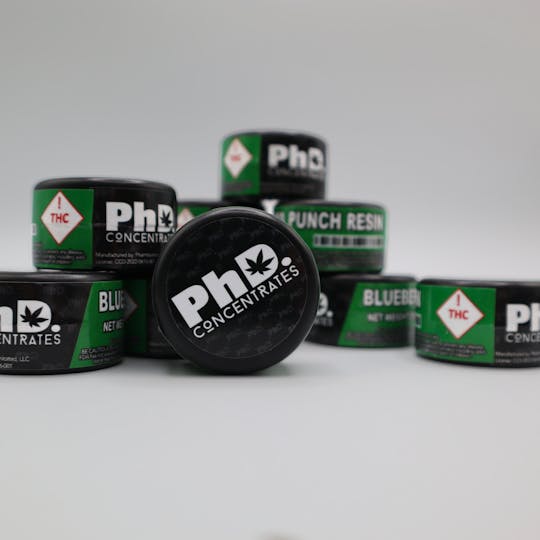
PhD Concentrate - Durban Poison (S)
Our assortment of high-grade cannabis extracts come in different consistencies such as badders, sugars, and sauce all testing at or above 75% THC! Pharmicated strives to keep consistent quality medicine affordable for the patients who choose our products.
- Earthy
- Woody
- Spicy/Herbal
The most awarded cannabis company in Oklahoma.
Pharmicated is a wholesale cannabis company that supplies dispensaries with quality products for their customers. The cannabis products and brands offered by Pharmicated have been vetted to meet the highest standard to be offered to our dispensary partners. Not to be mistaken as shelf fillers that sit for long periods of time, the Pharmicated products are in high demand because of the competitive price point and top-notch quality.
Quality, consistent products trusted by the cannabis connoisseur.
Durban Poison has deep roots in the Sativa landrace gene pool. The strain’s historic phenotypes were first noticed in the late 1970s by one of America’s first International strain hunters, Ed Rosenthal. According to cultivation legend, Rosenthal was in South Africa in search of new genetics and ran across a fast flowering strain in the port city of Durban. After arriving home in the U.S., Rosenthal conducted his own selective breeding process on his recently imported seeds, then begin sharing. Rosenthal gave Mel Frank some of his new South African seeds, and the rest was cannabis history.
Frank, who wrote the “Marijuana Grower’s Guide Deluxe" in 1978, modified the gene pool to increase resin content and decrease the flowering time. In search of a short-season varietal that could hit full maturation on the U.S. East Coast, Frank’s crossbreeding efforts resulted in two distinct phenotypes, the “A” line and “B” line. The plant from Frank’s “A” line became today’s Durban Poison, while the “B” line was handed off to Amsterdam breeder David Watson, also known as “Sam the Skunkman.”
Durban Poison has a dense, compact bud structure that’s typical of landrace Indica varieties, but the flowers’ elongated and conical shape is more characteristic of a Sativa.